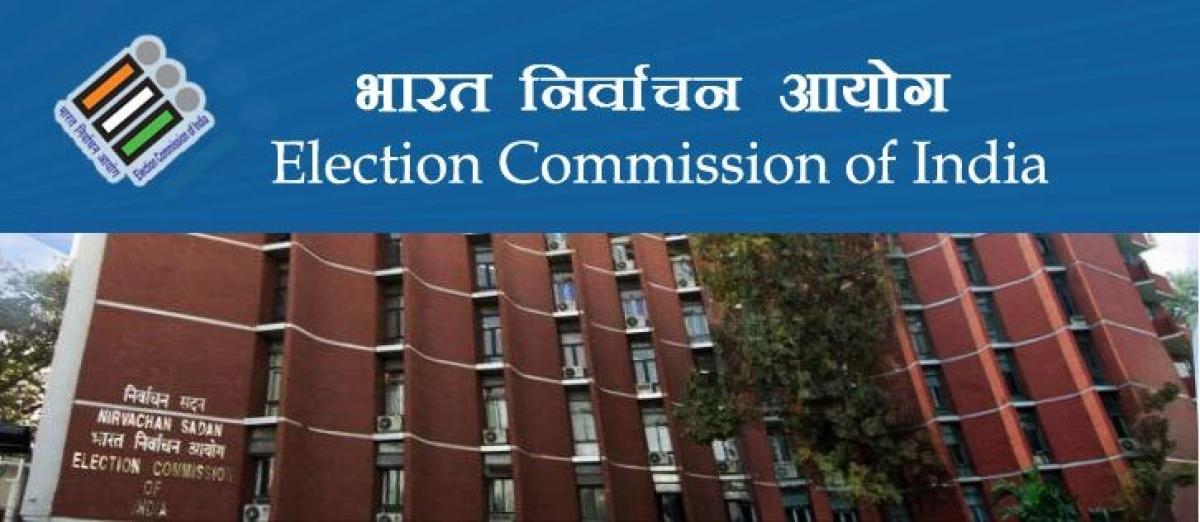Just In

The cancerous growth of criminalization of politics was cancerous to the electoral politics and hence to preserve the purity and sanctity of the electoral politics, such a ban should be imposed, he said.
New Delhi: The Supreme Court here on Wednesday issued notices to the Centre and the Election Commission asking for their response to a petition seeking lifetime ban on those involved in criminal cases from entering politics or continue in politics. The petitioner also pleaded for fast-track courts to pursue the cases against politicians.
The petition was filed by one Ashwani Kumar Upadhyaya who sought such a ban on the politicians with criminal cases pleading that apart from terrorism and Naxalism, the most serious problem, the country facing was extensive corruption and criminalization of politics.
The cancerous growth of criminalization of politics was cancerous to the electoral politics and hence to preserve the purity and sanctity of the electoral politics, such a ban should be imposed, he said.
Citing the existing provisions, he said in case of entry into judiciary or executive, any person convicted was automatically debarred from the same while politics allowed a person to join any party or float his or her own party and become office-bearer too right from president of the party.
Such candidates then go on to become ministers, MPs and in addition a convicted person was eligible. Even after conviction and undergoing sentence, a person can form his own political party and eligible to become the office bearer of any political party. In addition, a convicted person is eligible to contest the election and eligible to become Member of Legislature and even Minister after expiry of six years period from the date of conviction, he pointed out.
Petitioner submitted that Part-II, Chapter-III (Disqualifications for Membership of Parliament and State Legislatures) of the Representation of the People Act, 1951 is discriminatory and inconsistent with Article 14 read with Article 15 and 16 of the Constitution, and thus void.
The fathers of our Constitution adopted parliamentary system from England but there has been a breakdown in its working in last four decades because the major premises, which ensure its success in England, failed to grow-up here, he said.
The petitioner cited, apart from individual cases where such persons became elected representatives, the impact of criminal cases on the electorate's voting pattern. Arguing that political parties continued to give tickets to candidates despite the fact that they had criminal cases pending against them, he contended that there was a vital link between money power and muscle power.
There were more candidates as well as MPs with criminal backgrounds in the top 25 % of declared asset value than in the bottom 25 %. While a clean crorepati had a 29% chance of winning the Lok Sabha 2009 elections, the chances increased further to 32 % for a crorepati facing serious criminal charges, he said citing surveys.

© 2024 Hyderabad Media House Limited/The Hans India. All rights reserved. Powered by hocalwire.com







